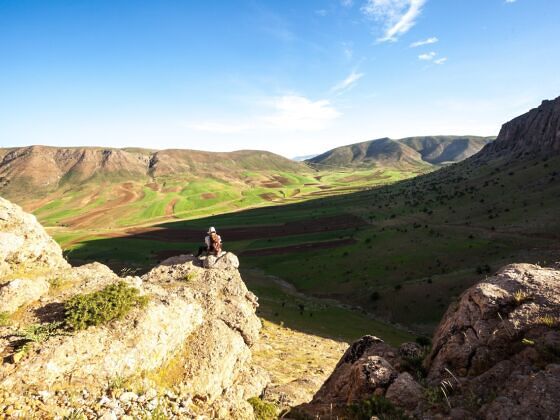The three, identified as Sarah Shourd, Joshua Fattal, and Shane Bauer, have not been heard from since.
In the latest update, Iranian officials have announced that the government is interrogating the three and deciding whether to try them as spies. American officials are attempting to work through Swiss ties (the Swiss have represented the U.S in Iran since the 1979 hostage crisis) to obtain further information and negotiate the release of the travelers.
